Optimal Timing for Interior Painting
Interior painting projects are influenced by seasonal and environmental factors that can affect the quality and longevity of the finish. Proper timing ensures optimal results and minimizes disruptions to daily routines.
Warmer temperatures and longer daylight hours make spring and early summer ideal for interior painting projects. These seasons typically offer stable humidity levels, which help paint dry evenly.
Late summer and fall provide consistent weather conditions, reducing the risk of paint issues caused by humidity or temperature fluctuations. This period is often preferred for interior updates.
Winter can be challenging for interior painting due to lower temperatures and higher humidity levels indoors. However, with proper heating and ventilation, painting can still be successful.
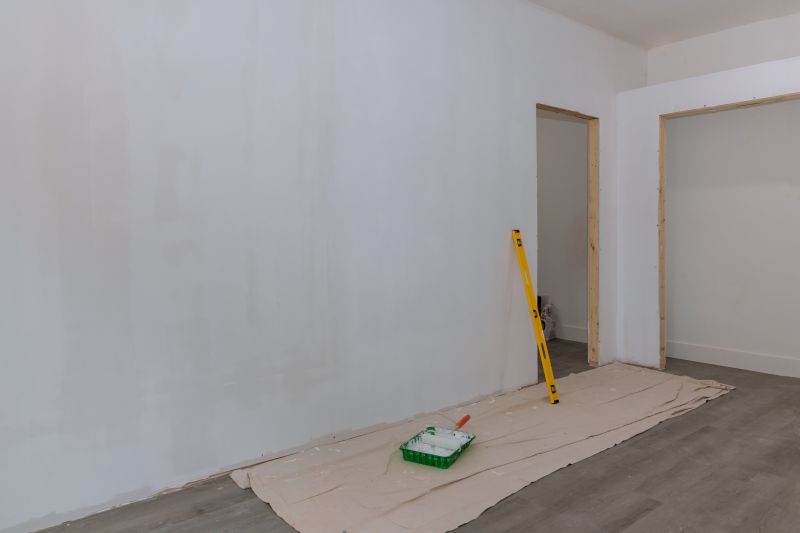
Bright and dry conditions support high-quality finishes.
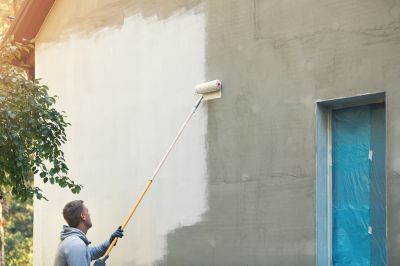
Longer days and warm weather facilitate project completion.
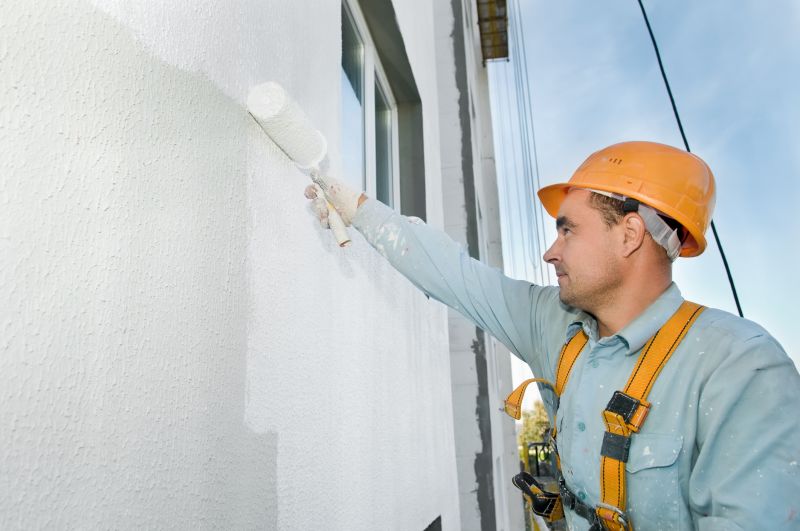
Stable weather helps achieve smooth results.
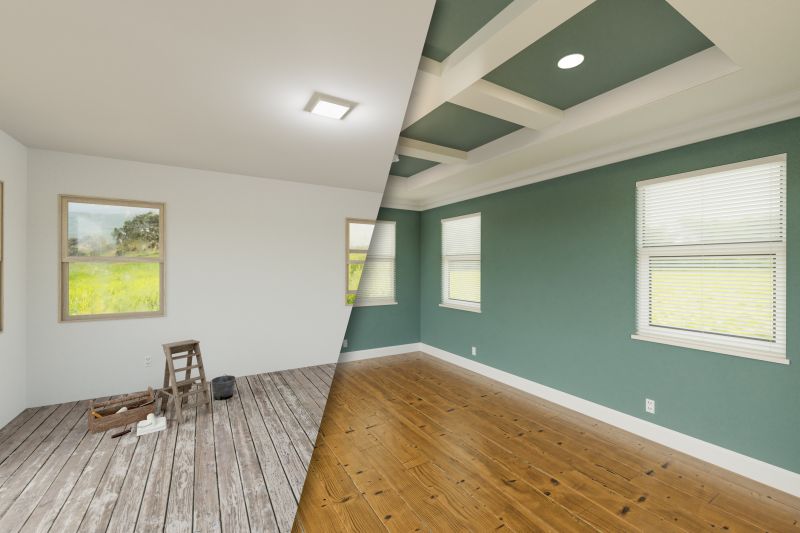
Ways to make Interior Paintings work in tight or awkward layouts.
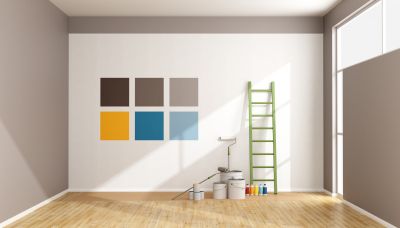
Popular materials for Interior Paintings and why they hold up over time.
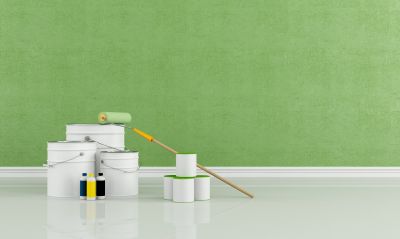
Simple add-ons that improve Interior Paintings without blowing the budget.
| Season | Advantages |
|---|---|
| Spring | Optimal drying conditions and longer daylight hours. |
| Summer | Ideal for completing projects before colder months. |
| Fall | Consistent weather with lower humidity. |
| Winter | Possible with indoor heating and ventilation adjustments. |
Interior paintings can significantly enhance the aesthetic appeal and value of a property. Proper preparation, including surface cleaning and priming, combined with the right timing, results in durable and attractive finishes. Statistics indicate that interior painting can increase a home's market value and improve energy efficiency by updating wall finishes and colors.
Choosing the right season for interior painting depends on local climate conditions, project scope, and personal schedules. Planning ahead and considering seasonal factors can lead to a more successful and lasting paint job.
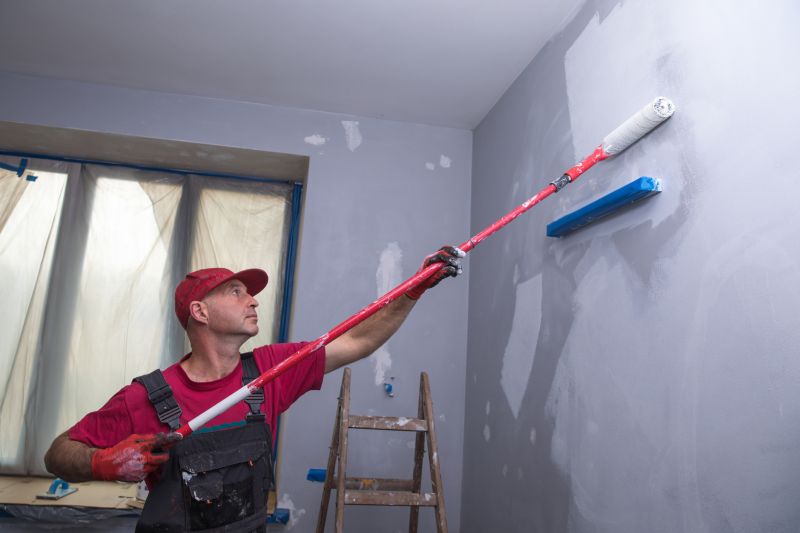
Proper surface prep ensures long-lasting results.
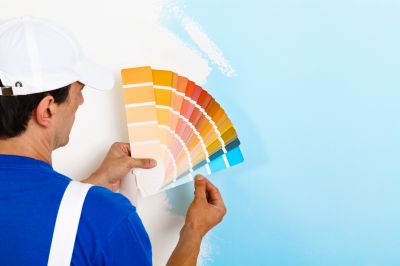
Choosing the right colors can transform interior spaces.
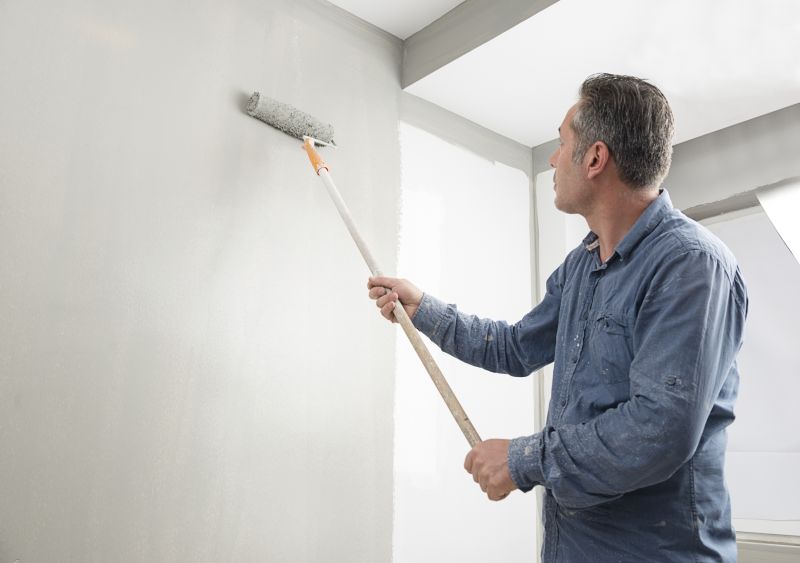
High-quality techniques improve finish and durability.
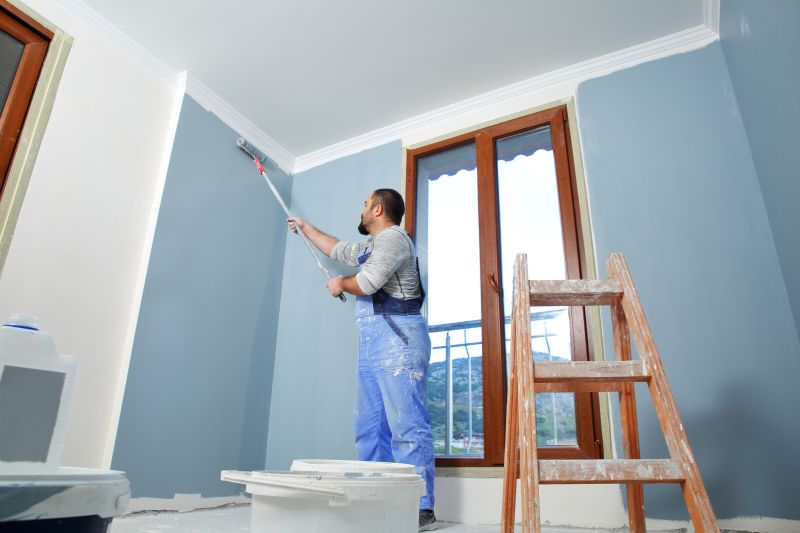
High-end options that actually feel worth it for Interior Paintings.
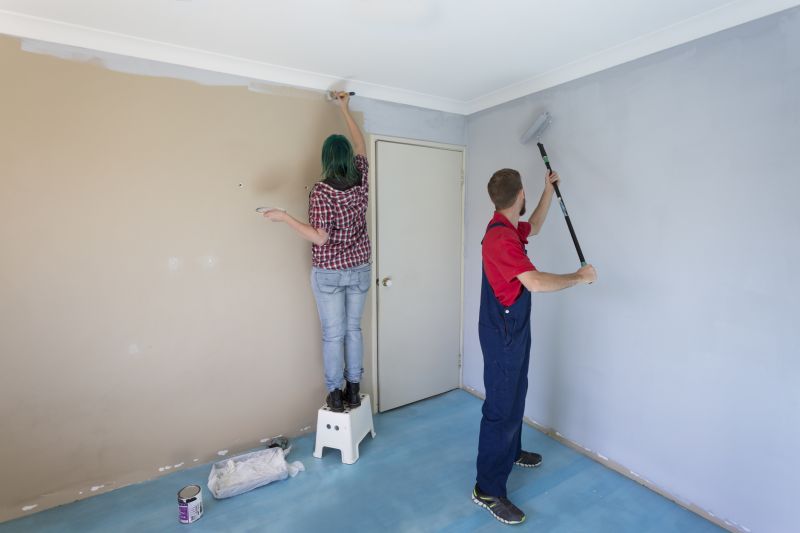
Finishes and colors that play nicely with Interior Paintings.
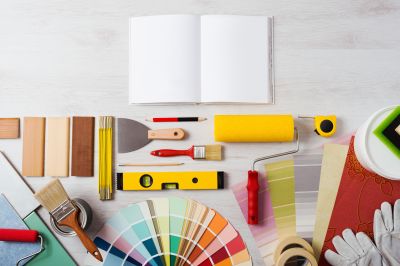
Little measurements that prevent headaches on Interior Paintings day.
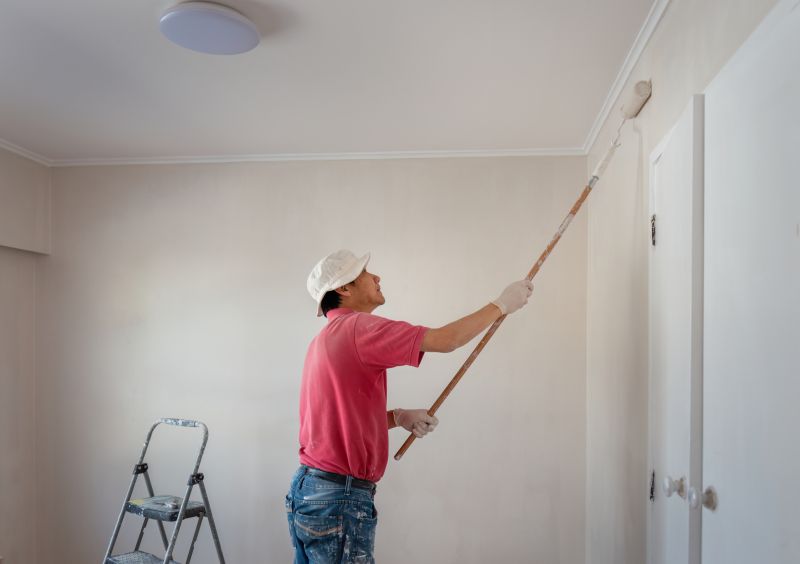
A 60-second routine that keeps Interior Paintings looking new.
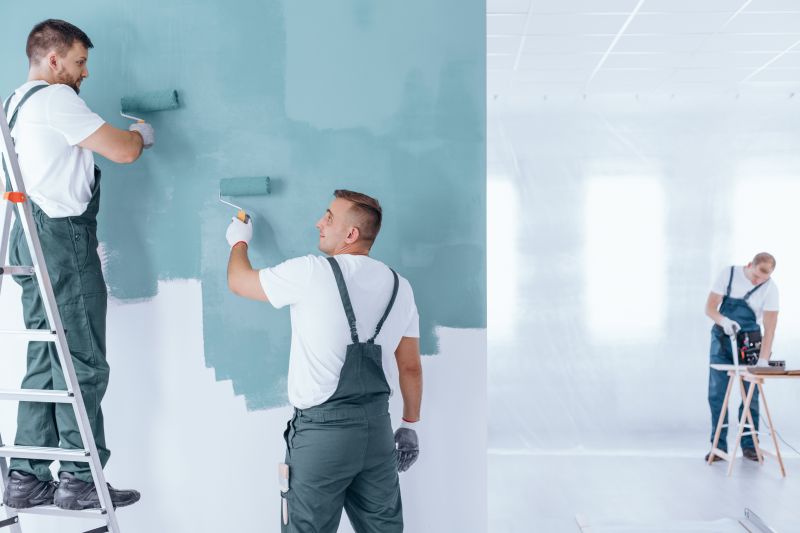
A frequent mistake in Interior Paintings and how to dodge it.
The duration depends on the size of the space and preparation required, but most projects can be completed within a few days.
Temperature, humidity, and indoor conditions are key factors affecting paint drying and finish quality.
Yes, with proper heating and ventilation, interior painting can be successfully completed in winter.
Most paints perform best between 50 and 85 degrees Fahrenheit, depending on the product.
For those interested in scheduling interior painting or seeking advice on the best timing for their specific project, it is recommended to contact a professional. Proper planning and timing can ensure a high-quality, long-lasting finish that enhances interior spaces.
